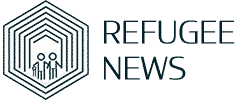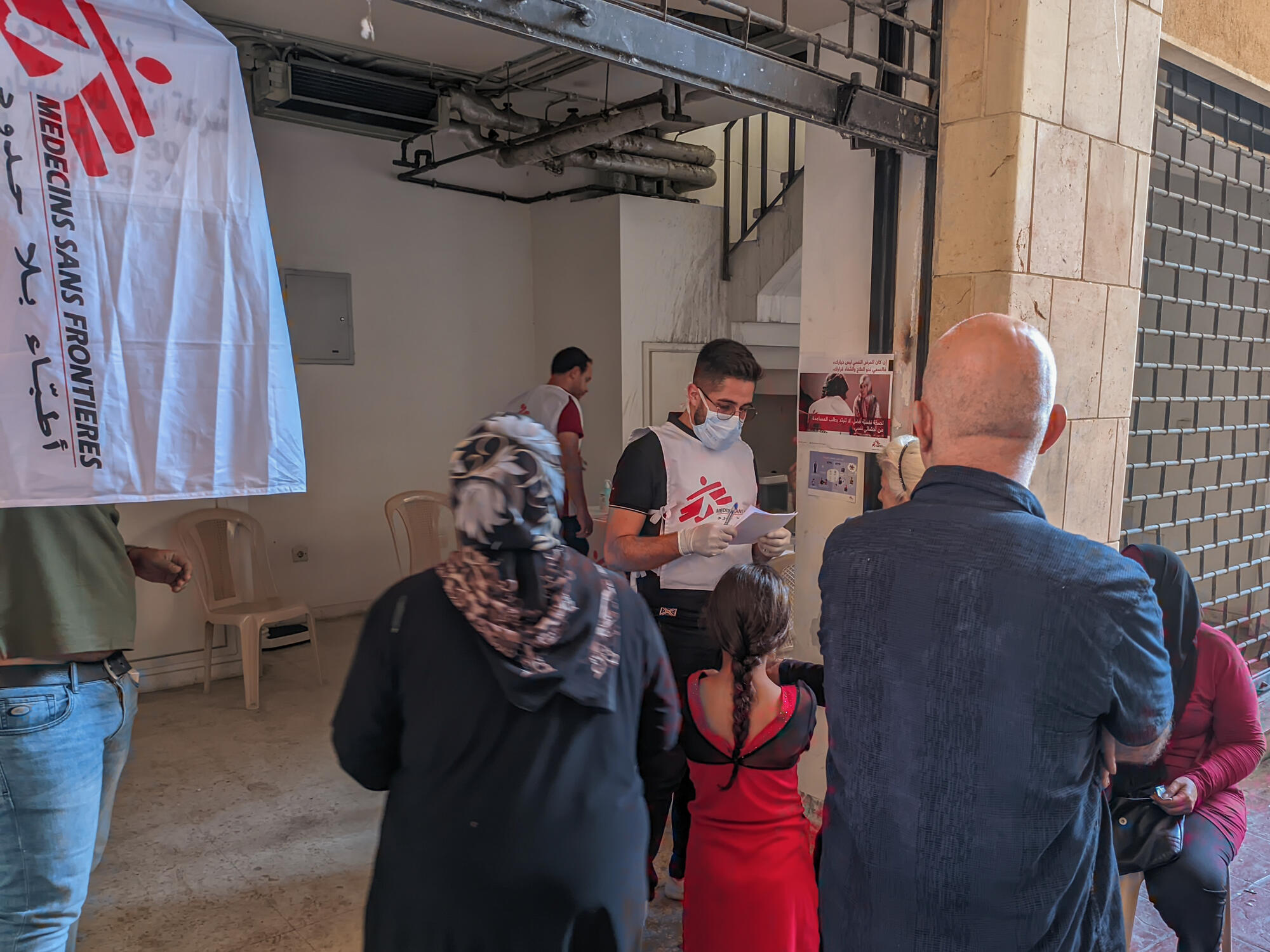Across Lebanon, there are currently 875 shelters for displaced people, with over 70 per cent already full, according to national authorities.
What is the current situation for displaced people in Lebanon?
- Most displaced people urgently need assistance, having fled without basic necessities.
- Communities and shelters hosting them are also in dire need of support.
“Families are fleeing their homes in search of safety. Many of them are seeking refuge in underprepared and overcrowded shelters,” says Dr. Luna Hammad, MSF medical coordinator in Lebanon.
How are vulnerable populations affected by the displacement?
- Children, women, elderly people, and individuals with physical disabilities are living in terrible conditions.
- Limited access to clean water, sanitation, and basic healthcare services are major challenges.
In response to the dire situation, MSF has scaled up its emergency response and sent mobile medical teams to schools and other shelters across the country.
What is MSF doing to address the crisis?
- Provided over 1,780 general medical consultations in the past week.
- Donated essential items such as mattresses, blankets, and hygiene kits to displaced families.
- Distributed meals, drinking water, and washing water to ensure basic hygiene standards.
- Donated 6,523 hygiene kits, 16,118 litres of drinking water, 643 mattresses, and more essential items.
MSF’s efforts aim to alleviate the suffering of displaced populations in Lebanon and provide essential support during this crisis.
Source: www.msf.org

